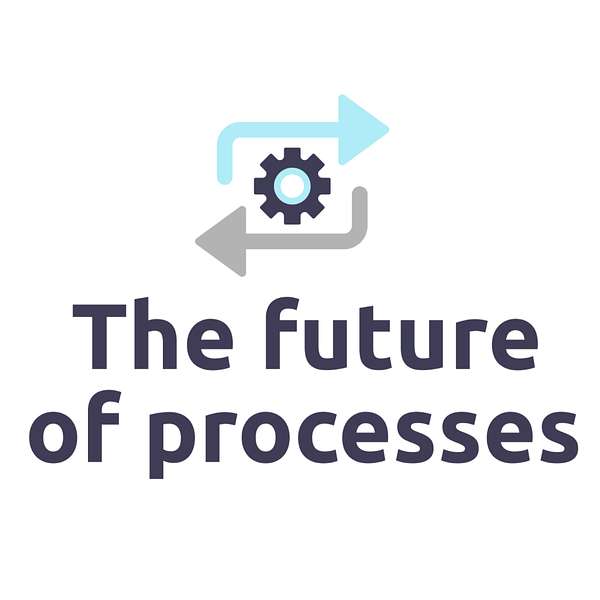
The Future of Processes
Unique perspectives from people in manufacturing about what it really takes to bring products to life. This is a podcast about building an organizational culture, leadership, product design, supply chain, change management, how to attract the best talent and in particular, how we can create better, more human processes for the factories of tomorrow.
The Future of Processes
How Chris Sidney uses personality testing to create the right environment for change
•
Ben Merton
•
Season 1
•
Episode 3
Chris Sidney manages quality, continuous improvement and metrology at the Winbro Group, a manufacturer of high-precision machining technologies in the UK, US and Taiwan. Starting his career in engineering as a Whitworth Scholar, Chris has spent more than 10 years managing quality and continuous improvement initiatives for the Winbro Group and Siemens Industrial Turbomachinery.
I talk to him about the cultural differences between how people handle change and leadership in the US & UK, how personality testing can be a useful part of creating the right environment for change, and how the Future of Processes will be driven by the need for more ethical and environmentally friendly processes and products. We also discuss the following topics:
- The decline of UK manufacturing from 25% of GDP in the 1970s to 10% today and hopes for a resurgence as the government tries to bridge the skills gap by advancing STEM subjects and offering BTech qualifications instead of GCSEs.
- The differences in effecting change at a plant in South Carolina vs the UK: Americans are less suspicious of change than the British, and less likely to question leadership decisions.
- An overview of how Chris and his team used data to solve a challenging problem involving machined parts that were jumping in and out of tolerance.
- How analysis-paralysis is often the result of not defining the scope of an improvement initiative correctly in the first place.
- Why it’s important to have people with different personalities in the room to create the right environment for solving problems. Using online personality tests to understand your own personality and those of your colleagues can prevent building an echo chamber.
- How the previous experience of a given company’s leadership with Lean and Six Sigma is the primary determining factor of whether it will be successfully adopted in any new initiative.
- The differences between Lean and Six Sigma: solving the same efficiency problem from different angles (waste and variation reduction).
- Advice for Lean Six Sigma enthusiasts: most people don’t care about your deep statistical and technical knowledge. Break it down for them into something they understand.
- How the Future of Processes is likely to be shaped by the need to solve ethical and environmental dilemmas. The removal of waste won’t be driven by greed and cost but by external regulations and changing consumer demands for greener products.